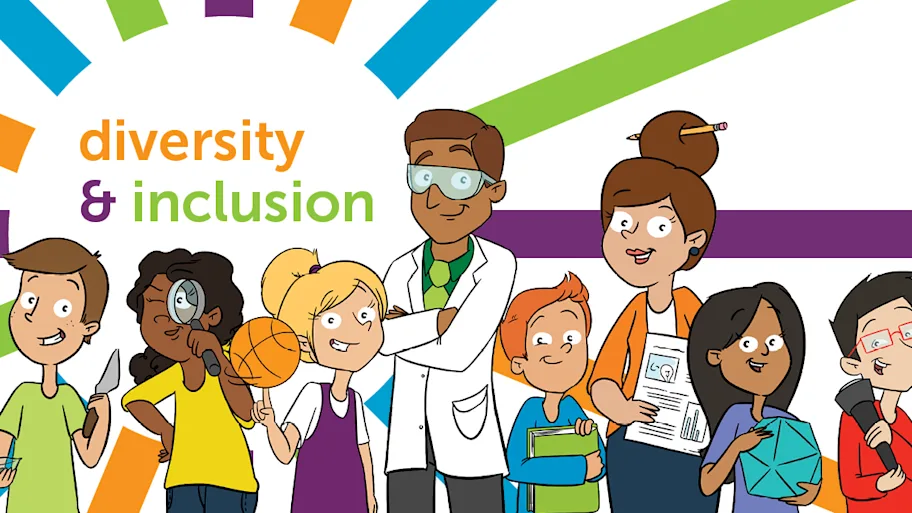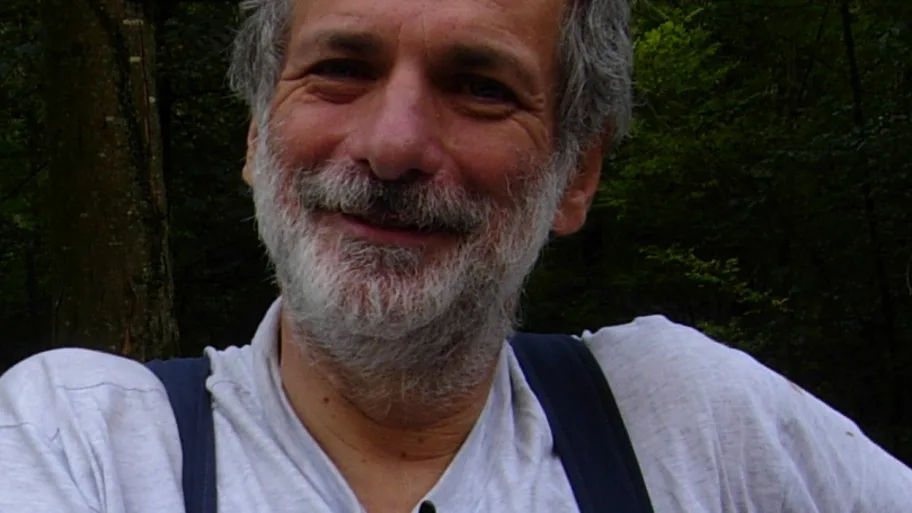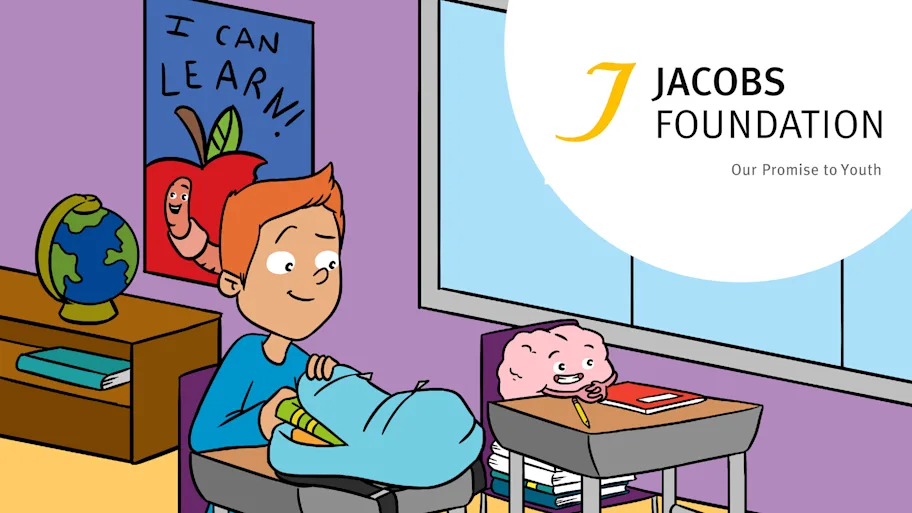
- Science News
- Young Minds
- Communicating research findings outside of the scientific community is an important and challenging part of science
Communicating research findings outside of the scientific community is an important and challenging part of science
Frontiers for Young Minds takes this one step further, by asking authors to explain their published articles in a language that 8-15 year olds can understand. This is put to the test as kids act as the reviewers.

Michelle Juarez, professor at City College of New York, uses Drosophila fruit flies to study questions about wound repair and infection. Early on in her career, she embraced teaching younger students. “During my research training in fruit fly development I learned the joys of teaching younger students. Now in my current job as a Professor, I strive to combine my research and teaching into one environment and help inspire the next generation to use science in their careers.”, she explains.
Michelle decided to re-write her article investigating the genes that regulate wound healing processes in skin cells in a way that would be understood by a young audience. The result was then put to the test by the Young Reviewers from the Metropolitan School of Panama.
Kids can be the toughest critics, with most admitting they got lost early on. What holds the interest of a scientist might not be the best way to engage a younger audience. The kids were intrigued by the concept that a small fruit fly could help us understand human health, but were less interested in the specific details of the research.
Michelle quickly realized that she would need to change the focus of the article. “The reviewers were surprised that a simple fruit fly can help discover new facts in Biology and Health. This simple comment helped me refocus my text to always highlight this concept and build a common thread throughout the article.”

Overall Michelle found this a positive experience. “This writing experience has been very enjoyable. I learned more about writing and trying to maintain the attention of the reader. In my community and family, there are not many opportunities to share my research discoveries. The Frontiers for Young Minds article helped me find a new voice that brings science communication to a new audience.”
The Young Reviewers were also happy with the final result: “I think it looks perfect. It changed and has some scientific words, but I can understand it and I could make a project or essay about fruit flies just reading this article!” one commenting, with another adding “I think it’s better because there are almost no difficult words and I can understand what you are trying to say.”.
Learning to simplify language and write in a way that keeps an audience outside of the scientific community engaged is essential, a skill that scientists are not often taught to develop. “I think science communication is an important tool that is underutilized in our fields.” Michelle explains, “in particular trying to capture the imagination of a younger audience is great exercise for all scientists to develop. If sharing our research discoveries with our peers is a measurement of success in a scientific career, then I think communicating our science with a younger audience should be a new metric to measure the impact of our discoveries.”
Michelle’s article is freely available to download here. Michelle is now working on translating her Frontiers for Young Minds article into other languages, making her research accessible to all.
– By Helen Kimbell
Find out more:
Frontiers for Young Minds is currently accepting submissions in six specialty sections:
Understanding Mathematics
Understanding Neuroscience
Understanding the Earth and its Resources
Understanding Biodiversity
Understanding Health
Understanding Astronomy and Space Science
Researchers interested in submitting versions of their work to Frontiers for Young Minds can find out more here.
Please contact kids@frontiersin.org for additional questions and to find out how to get started!







